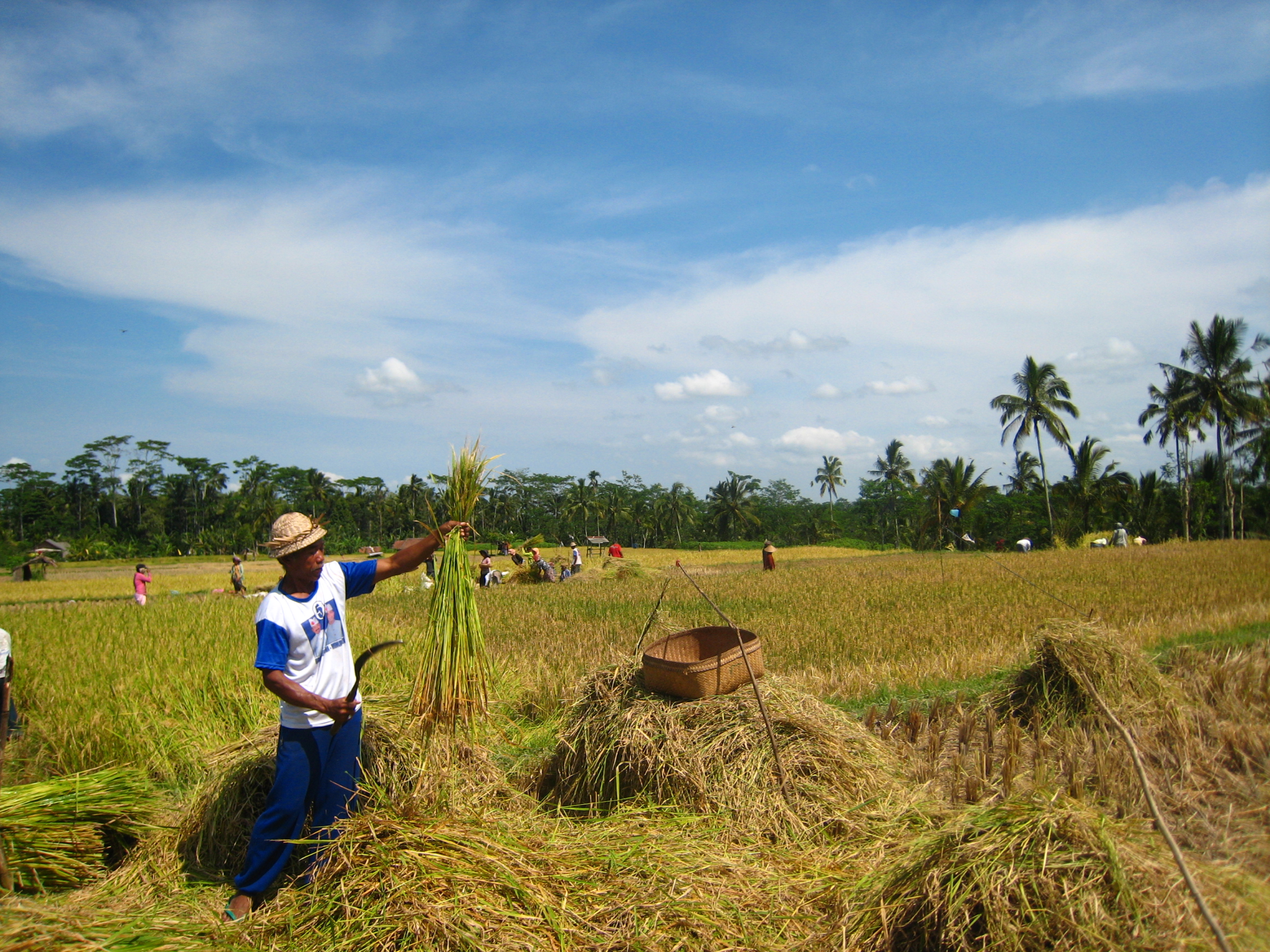Crop residue management project in Punjab recycles 25,000 tonne rice straw

- Country:
- India
Industry body CII on Sunday said its crop residue management project in Punjab has helped in the recycling of nearly 25,000-tonne rice straw. "Nearly 25 thousand tonne rice straw was recycled back into the soil in 2018 and 115-tonne fine particulate matter (PM2.5) was saved from being released into the air," Confederation of Indian Industry (CII) said in the impact report of its 'Crop Residue Management' project.
CII worked with the Ministry of Environment Forest & Climate Change to design a plan of action for biomass management (CII-NITI, 2018) in North-Western states. A subsidy scheme was launched by the central government to support North Western states in their efforts to curb crop residue burning.
CII said it galvanised the industry action on Crop Residue Management (CRM) in 2018, following which a pilot project was launched in 19 villages in Punjab. CII Foundation, along with local partners in Punjab, engaged with the farmer community to demonstrate solutions in a highly participatory manner.
These villages were made free of burning in 2018, and farmers were provided technical hand-holding for adopting sustainable agricultural practices. As per the report, the project led to avoidance of environmental impacts on local as well as regional scale and led to nutrient savings worth more than Rs 1 crore.
The project improved the farmer's resilience to adverse impacts of climate change due to water conservation, improved farm biodiversity, and resilience of crops to extreme climatic events. "About 30-kilo tonne CO2e of GHG and 13 tonnes BC (black carbon) which would have otherwise been released into the atmosphere is estimated to be fed back into the soil," the statement said.
The project led to avoidance of estimated, 140-tonne volatile organic compounds, 82-tonne ammonia, 39-tonne oxides of nitrogen and 6-tonne oxides of sulphur, which could have impacted the ambient air quality across Indo-Gangetic Plains, it added. The CII pointed out that agricultural burning in the North-Western States (Punjab, Haryana and Delhi) costs the Indian economy a whopping USD 30 million every year due to health impact.
(This story has not been edited by Devdiscourse staff and is auto-generated from a syndicated feed.)
- READ MORE ON:
- CII
- Punjab
- government
- villages
- farmers
- atmosphere
- farmer
- Delhi
- Indian
- Haryana
ALSO READ
ANALYSIS-Europe's restless farmers are forcing policymakers to act
Farmer trampled to death by elephant in Telangana
France lets farmers use more pesticides to protect sugar output
France to allow farmers more pesticide to protect sugar output
Used peace clause to provide excess support to rice farmers: India to WTO










